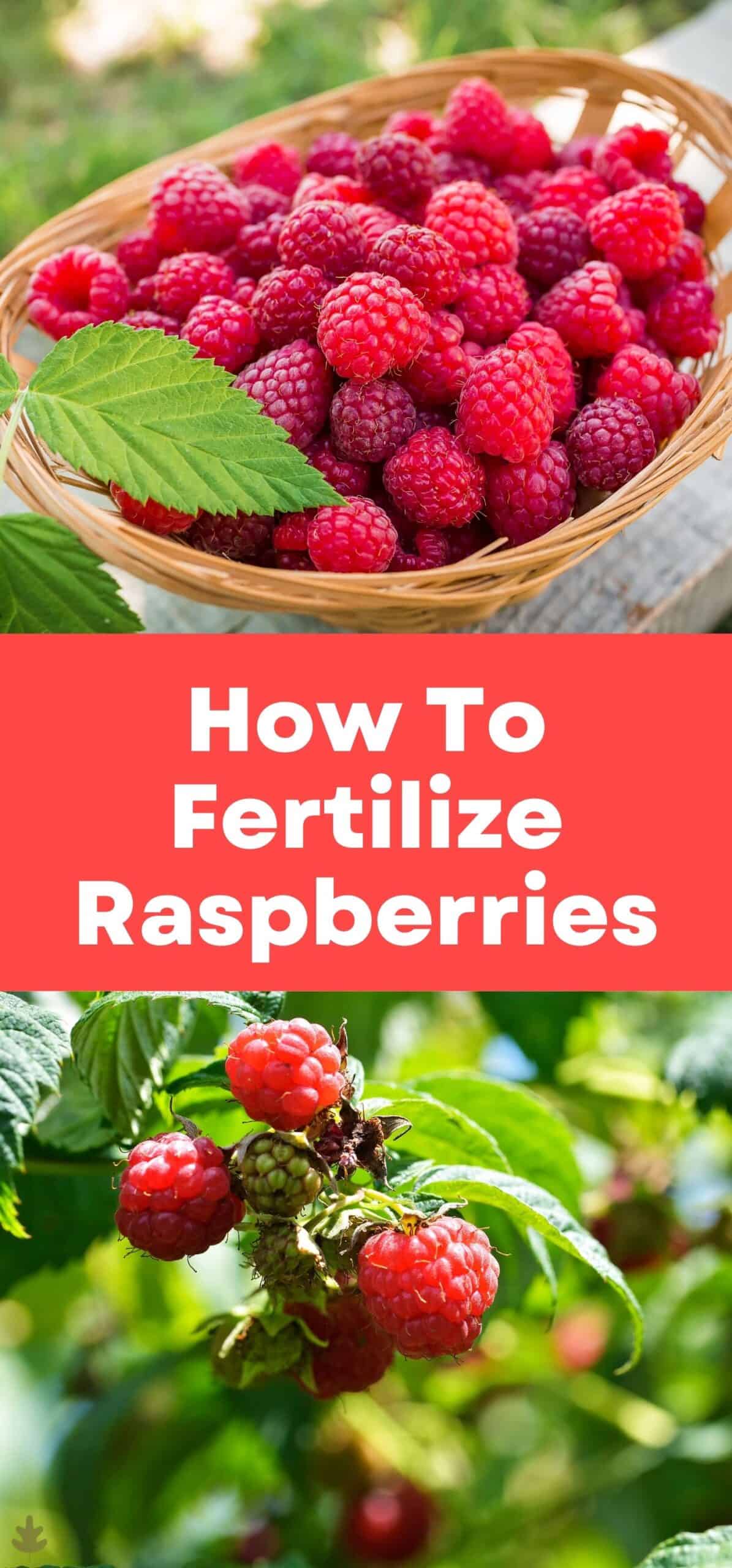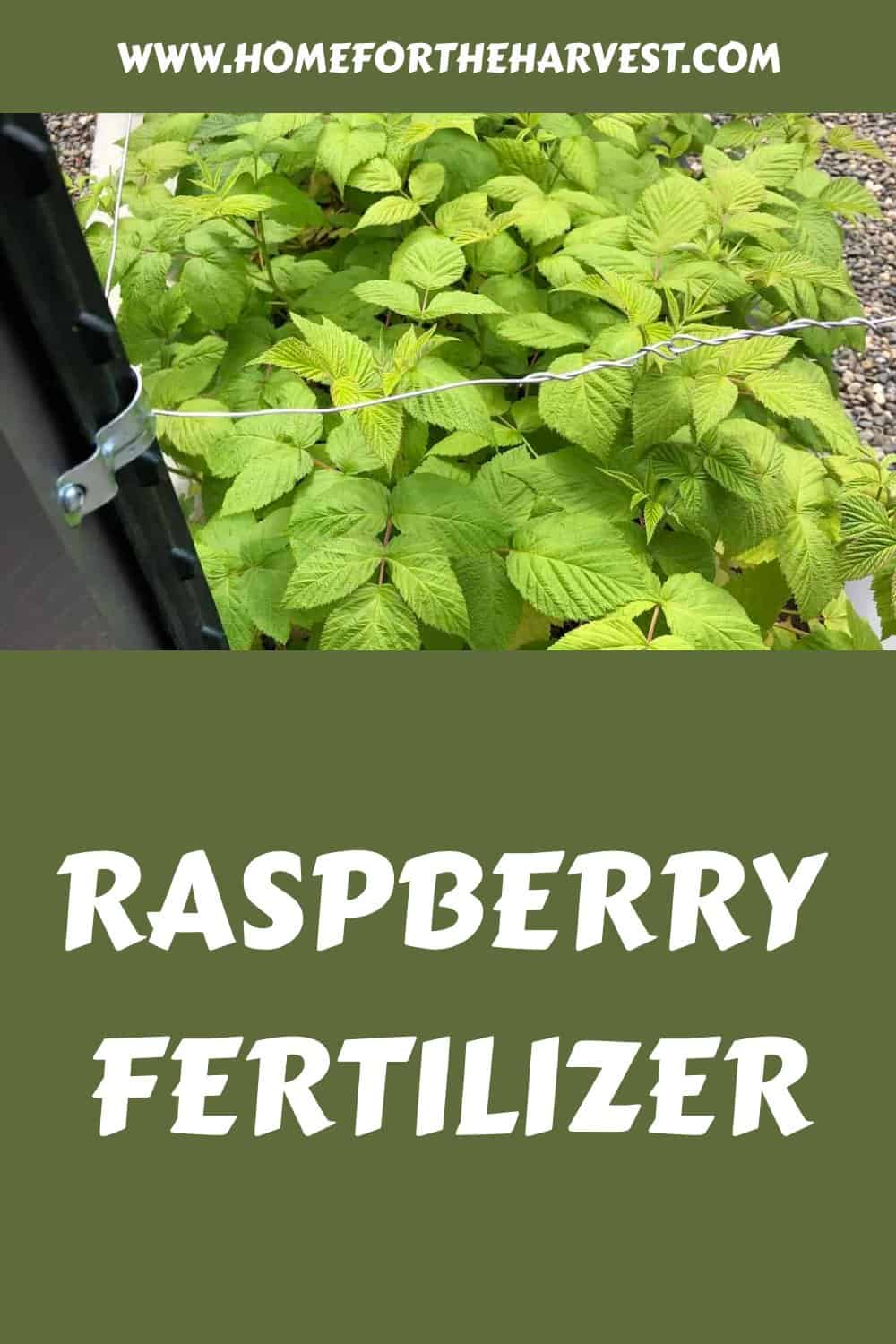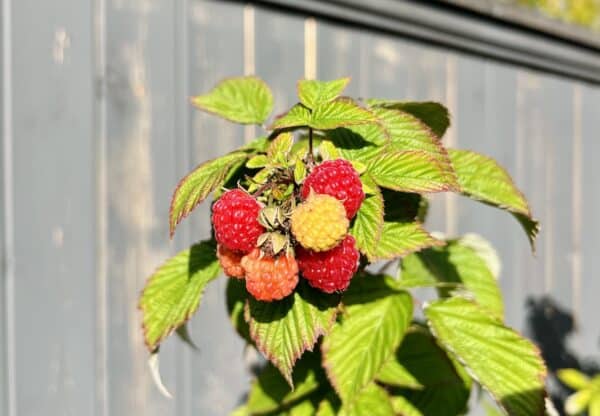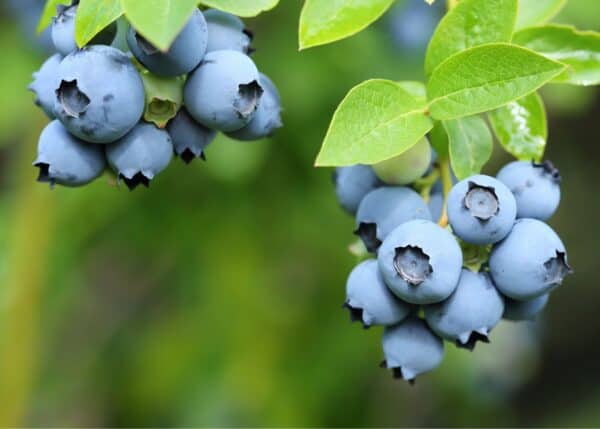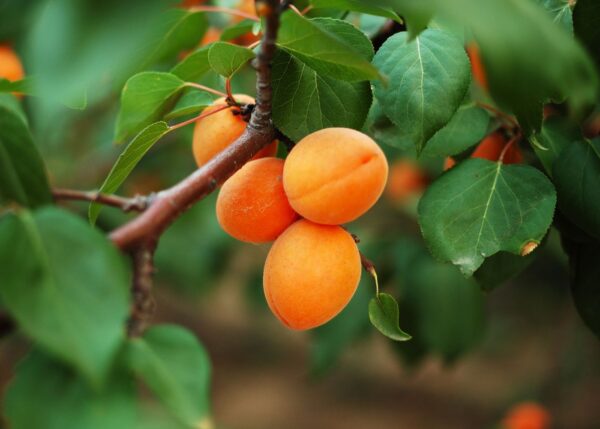Raspberry plants benefit from annual care and maintenance, including a nice feeding with a high-quality balanced fertilizer. Here are some raspberry fertilizer basics to help you ensure your berry plants are getting the nutrients they need to thrive.
Apply a high-quality organic fertilizer formulated for berry plants in early spring. Water the raspberries after feeding. Only use the amount recommended on the package, as over-feeding can damage plants and reduce yield. Raspberry fertilizers are commonly applied monthly during the spring but are not applied while the canes are fruiting. Newly-planted raspberries may also be fertilized in late summer.
There are a few important considerations when it comes to raspberry fertilizer. Read on to learn all about feeding your raspberry plants.
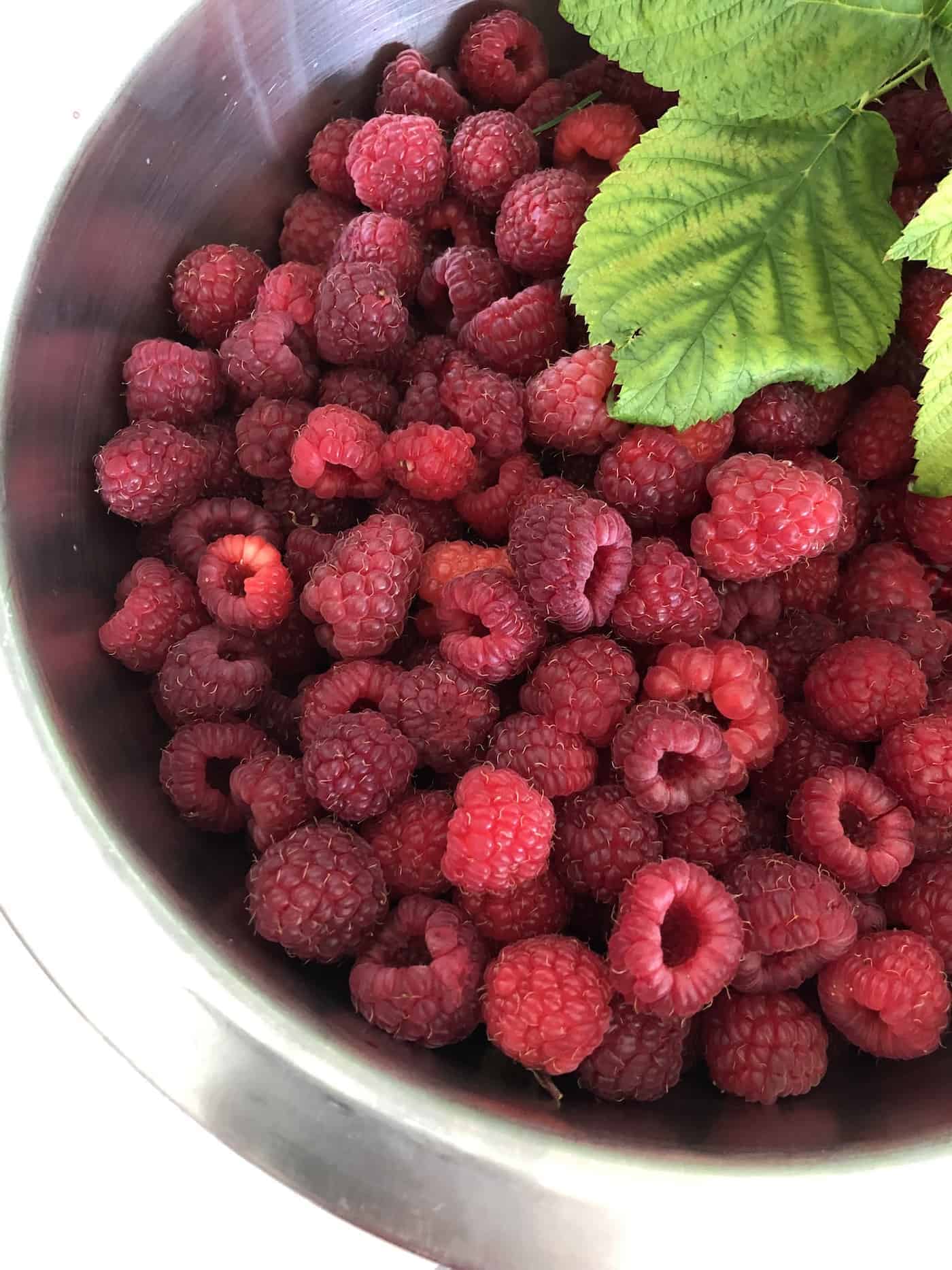
Raspberry fertilizer options
Raspberries grow well when fed with a gentle, balanced organic fertilizer. Here are some suitable fertilizers for raspberry plants:
- Espoma Organics Berry-Tone Fertilizer
- Winchester Gardens Select Organics Berry Granular Fertilizer
- True Organic Berry & Fruit Plant Food
How to fertilize raspberry plants?
Most raspberry fertilizers are dry granular products that are scattered on top of the soil and then watered in. Be sure to follow the application amounts and frequencies listed on the package as they vary by product. While there are some water-soluble and foliar spray products, they are much less common than dry-bagged fertilizers.
The three berry plant fertilizers above are all dry products that are easy to apply to the top of the soil around the base of the canes. If specialty berry fertilizer with a complete nutrient profile isn’t available, use a fruit tree fertilizer, a fertilizer for acid-loving flowering plants, or a general all-purpose fruit and vegetable garden fertilizer from a local garden nursery.
I look for organic-approved products (OMRI-Listed) when possible, and also consider the sources of the nutrients. Most quality all-purpose fertilizers will help counteract any soil nutrient deficiencies noted when the soil was tested. Be sure to apply the fertilizer evenly and according to package directions for optimal plant growth. Do not over-apply fertilizer as this can harm the plant and produce lower yields of less flavorful berries.
For specific insight into which nutrients are lacking, try a soil test to identify deficiencies of macronutrients and trace minerals. Getting soil tested will also give you some insight into the pH levels of your soil. Raspberries grow best with a soil pH in the 5.5-6.5 range (they prefer slightly acidic soils). With a soil test, you’ll also get an idea of the amount of organic matter plus instructions for soil amendments and specific fertilizer application rates.

When to fertilize raspberries?
Raspberry plants are best fertilized in early spring. The window for fertilizing raspberries starts once the coldest days of winter have passed. Fertilizing the plants just before they come out of winter dormancy is very common. Some gardeners will feed them several times in the spring, in accordance with the instructions listed on the individual fertilizer used (usually once per month).
“Nutrient availability from soils tends to be greatest early in the growing season when (1) warming of soils or the coming of rains brings a flush of nutrients into the rhizosphere, (2) microbes that compete with roots for soil nutrients are just beginning to recover from the dormancy of winter or the dry season, and (3) new plant roots explore virgin soil. Plants obtain a substantial portion of their mineral nutrients during this time.”
Mineral Nutrition of Plants: Principles and Perspectives, by Emanuel Epstein and Arnold J. Bloom
Raspberry plants are generally not fed with fertilizer products once the plants start flowering and the berries start to form. At this point, the plant should likely be focussing on producing a berry crop with the energy it already has stored. That said, a thin top-dressing of homemade compost can be applied at pretty much any point in the season. Compost will give a subtle nutrient boost hopefully without stimulating the plant to grow a bunch of new sprouts and leaves (but few berries).
“But make sure not to fertilize once the berries have started forming, as added nitrogen will stimulate leaf growth, not fruit. Commercial growers divide their spring fertilizer application into three portions – applying once when the new green shoots begin to appear, a second time a month later (usually May), and a third application a month after that (roughly end of June or early July).”
Growing Berries and Fruit Trees in the Pacific Northwest: How to Grow Abundant, Organic Fruit in Your Backyard, by Tara Austen Weaver
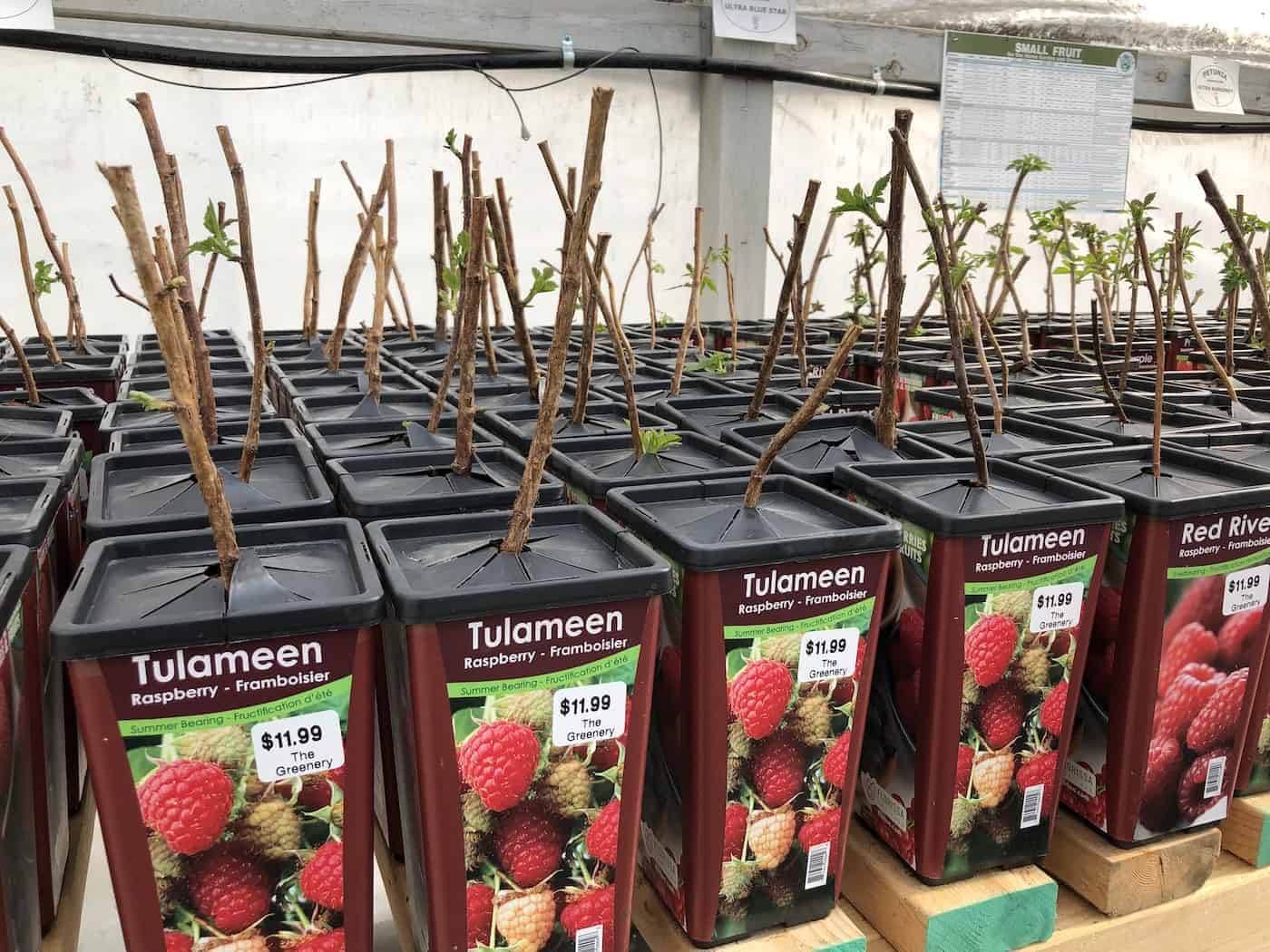
Feeding new raspberry plants
Raspberries are typically planted in the spring and can be fertilized about four weeks after planting. Some gardeners also like to work a pre-planting fertilizer into the soil prior to planting the canes, as this is helpful for adding phosphorus and potassium deeper into the soil (if these nutrients are deficient).
Newly-planted raspberry plants can also be fertilized in late summer (typically August) once nighttime lows begin to cool off from the heat of summer. Late summer feedings don’t require a specialty berry fertilizer and are usually done mainly to supply nitrogen to the plant as it prepares for its first winter in the ground. A nitrogen-rich commercial fertilizer or amendments like blood meal or cottonseed meal will typically work well for feeding new raspberry plants in late summer/early autumn.
Things to avoid when feeding raspberries
Avoid Weed & Feed products and other herbicides when feeding or otherwise caring for raspberries. These plants are prone to chemical damage and can be easily harmed by products meant to target weeds and other unwanted plants. Pull out any competing weeds by hand or cover them (rather than using chemical means).
“Raspberries are particularly sensitive to herbicides and especially glyphosate (the active ingredient in formulas such as Roundup). Even using it elsewhere in the garden runs the risk of drift and damage – or death – to your berry canes.”
Growing Berries and Fruit Trees in the Pacific Northwest: How to Grow Abundant, Organic Fruit in Your Backyard, by Tara Austen Weaver
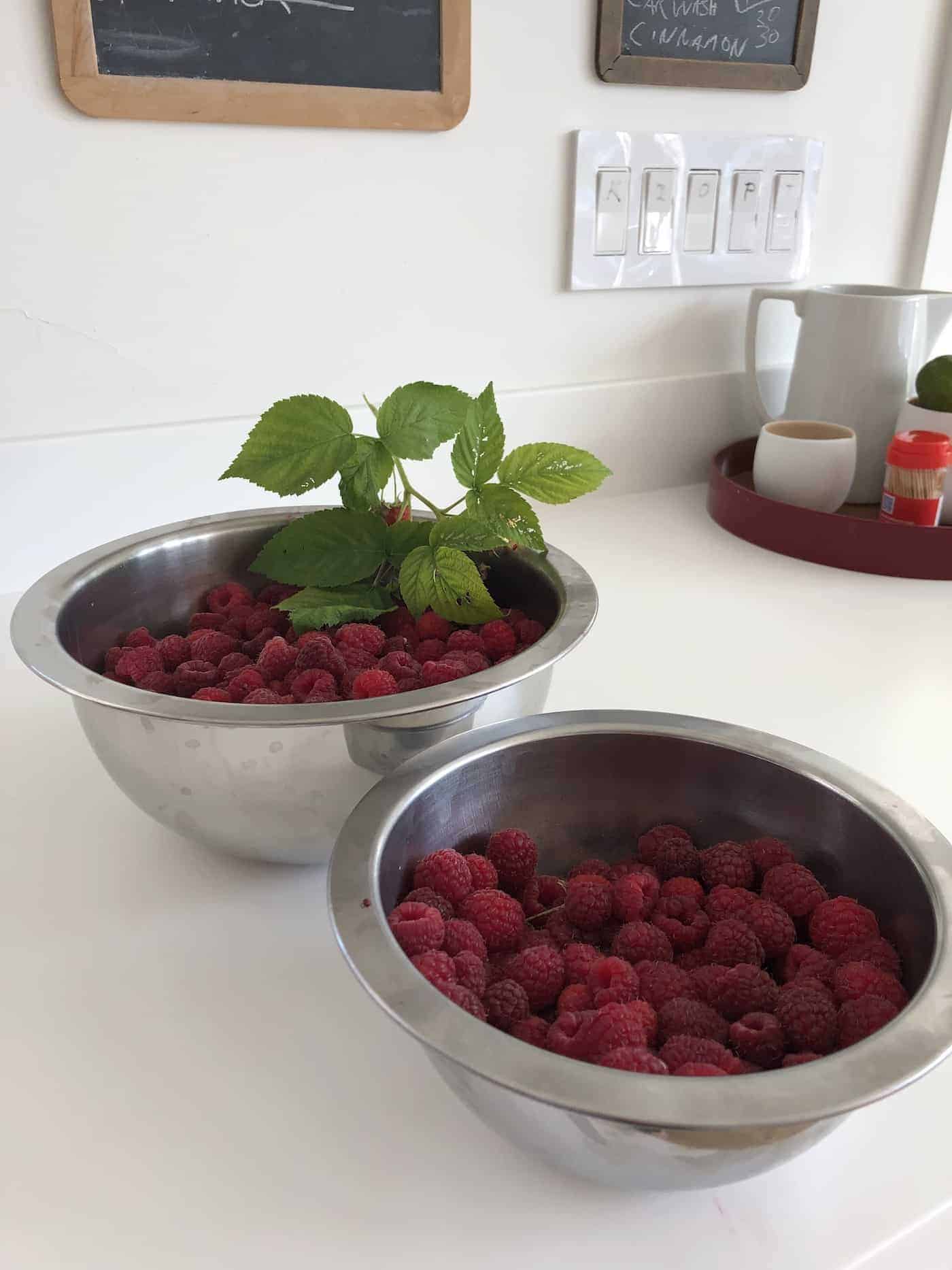
Soil amendments for raspberry plants
Raspberry plants may also benefit from certain amendments if the existing soil is less than optimal. Raspberries grow best in well-drained sandy loam soil but are tolerant of clay. They also grow best in slightly acidic soil (pH 5.5 to 6.5).
If your soil has a neutral or alkaline pH, it can be lowered by adding sulfur. Overly acidic soil can be brought up to the target range with garden lime. These amendments are usually mixed into the top 6 inches of soil at the base of the canes. Soil with a low amount of organic matter can be amended with a top dressing of 1 inch of organic compost.
More plant care considerations when feeding raspberries
While you’re feeding raspberries in early spring, it can also be a good time for some other raspberry plant care. Early spring is a great time to prune raspberries, clear away any overwintered plant debris, and perform any maintenance on your raspberry trellis structure for maximum crop production.
Early spring is also a great time to shop for new raspberry plants, as the selection is best in the garden centers at this time of year. Here is a list of the best-tasting types of raspberries to plant in your yard! While you’re there, consider adding some companion plants to your raspberry bushes to help attract beneficial pollinators and repel pests.


